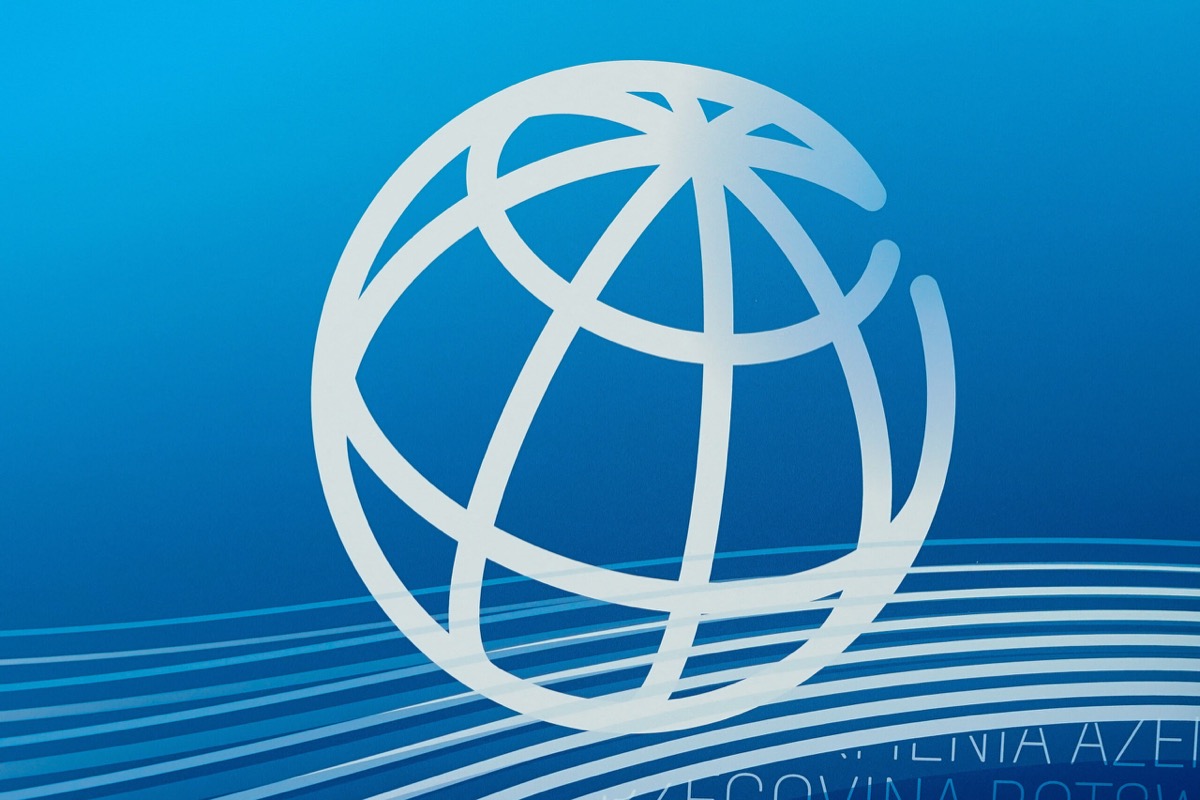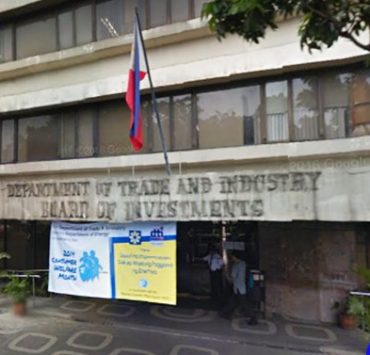WB lauds PH efforts to cut red tape

The Philippines showed “strong” performance in cutting red tape for businesses, although public services and efficiency in complying with regulations could still use some work to boost the country’s appeal to investors, the World Bank (WB) said in its revamped business and investment climate report.
The new “Business Ready (B-Ready) 2024” report of the Washington-based lender covers 50 economies, which were divided into five equal groupings or “quintiles” based on their scores in each of the three pillars: regulatory framework, public services and operational efficiency.
The revamped WB report was designed to prevent a repeat of problems that had plagued its previous “Doing Business” report, which ranked economies based on how easy it is to open and operate a business. In 2021, the multilateral lender ceased the publication of the scandal-hit report due to irregularities.
The findings of the discontinued WB report had mattered to several countries because they can greatly influence investor decisions. The Philippines had protested the results of the rankings twice before—during the Aquino administration in 2015 and later in 2019 under former President Rodrigo Duterte.
This time, WB said the pilot B-Ready report would focus more on scores across topics to identify specific areas for improvement and encourage reforms without overhyping rankings. The first three editions of the maiden publication will gradually cover about 180 economies worldwide.
PH performance
Dissecting the new WB report, the Philippines scored 70.68 out of 100 under “Pillar I” that looked into a country’s regulatory framework, which consists of rules and regulations that firms must follow as they open, operate, expand, and close a business.
That score placed the Philippines together with economies like Singapore and Hong Kong in the second quintile, which consists of nations that “exhibit strong performance but also show potential for improvement” of their regulations.
The country received a score of 50.80 under “Pillar II” that examined the availability of public services and infrastructure needed to support businesses compliance with regulations. Under this pillar, WB put the Philippines in the third quintile that grouped nations with “a mix of strengths and weaknesses” in their business environment.
Lastly, the Philippines scored 57.95 in “Pillar III” that captures the ease of compliance with the regulatory framework and effective use of public services that companies need. For this pillar, the country was put in the fourth quintile, where economies that grapple with a “challenging business environment” belong.
Hungary, Estonia, Singapore and New Zealand were among the countries that made it to the top quintile in two out of the three pillars, at most.
In a statement, the Anti-Red Tape Authority (ARTA) said it is confident that the country’s score “will continue to improve with the full implementation of the government’s efforts that are designed to enhance the delivery of government services.“
“We recognize the need for a whole-of-nation approach that underscores the significance of coordinated and harmonized alignment of relevant service delivery from the government to the stakeholders,” ARTA added. — with Alden Monzon

















